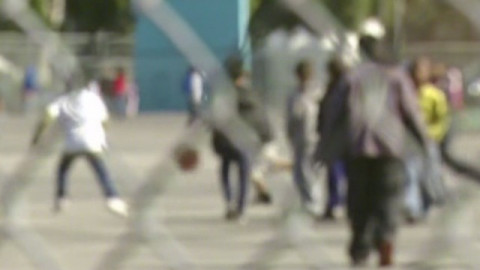News
Parents Volunteering at School Should Tailor Skills to Different Stages
Fewer parents are volunteering at their children's schools just as new research shows it yields benefits from better grades to lower rates of depression. Read the full Wall Street Journal article here: https://www.wsj.com/articles/parents-volunteering-at-school-should-tailor-skills-to-different-stages-1533134808 which links to a 10-year ...Is it Better to be Like Your Partner?
Researchers have found that how similar you are to your partner can affect your happiness- but it's complicated. "Is it better to be like your partner?" was published on British Broadcasting Corporation's (BBC) Future segment site and features Human Development and Family Sciences (HDFS) Associate Professor Dr. Lisa Neff and fifth year PhD student...Fox 7 Interview with Dr. Aprile Benner on Racial and Ethnic Bias
Racial and Ethnic Bias and its Impact on Health and WellbeingA new study conducted by researchers at The University of Texas at Austin shows young minorities who face discrimination based on their race or ethnicity may feel the impact on their health and wellbeing. Human Development and Family Sciences Associate Professor Dr. Aprile Benner di...Racial and Ethnic Bias Leads to Lower Well-Being Among Adolescents
Racial and ethnic discrimination is problematic for all aspects of development — from mental and physical health to risky behaviors and academic success — particularly for Latinos, researchers at The University of Texas at Austin determined after analyzing findings from hundreds of previous studies on adolescents.















